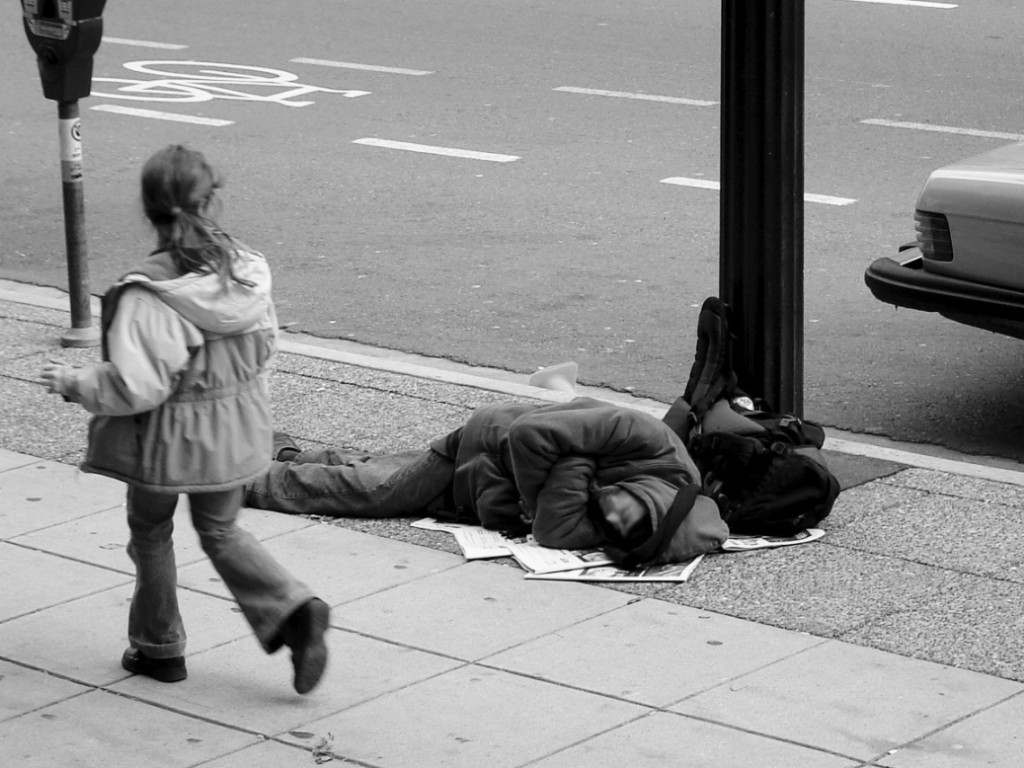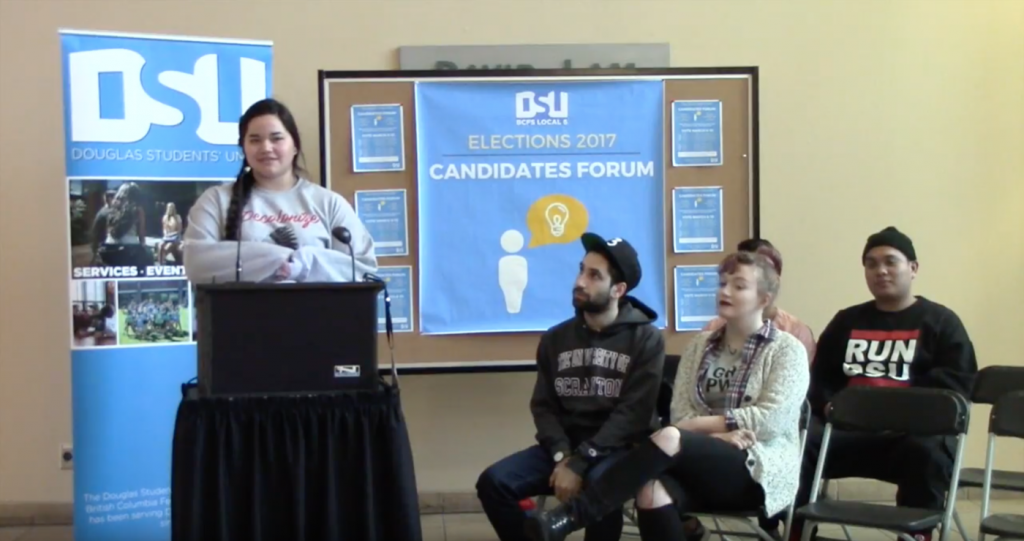Conservative US state develops radically progressive solution
By Patrick Vaillancourt, News Editor
A conservative jurisdiction in the American southwest has come up with a surprisingly progressive solution to put an end to homelessness in the next two years.
In 2005, legislators in the state of Utah calculated all of the related costs of homelessness on the state, including expenses associated with health care, social workers, and the prison system. The total costs to the taxpayer in caring for one homeless person was estimated at $16,670. In contrast, it’s estimated that it would cost $11,000 to provide one homeless person with a home and a social worker.
Legislation was passed in Utah that created the state’s Housing First program, which provides homeless people with homes. Social workers are assigned to program participants to help in the development of life skills, such as resumé-writing, job search, budgeting, and self-sufficiency. With the program, Utah has been able to reduce its homelessness rate by 78 per cent, and administrators believe they’re set to eliminate homelessness in the state by 2015.
While the program focusses on finding housing before delving into other areas of a participant’s life, the Utah model also ensures a fair level of community involvement and incentives for the business community to participate as employers in the program.
In stark contrast to Utah’s surprising implementation of a radically progressive program, some US cities and states are regulating homelessness and passing laws that effectively make the act of homelessness illegal.
Columbia, South Carolina has passed a bylaw which leaves homeless people with the options of either leaving the city or getting arrested. Tampa, Florida has passed a bylaw that allows police to arrest anyone found sleeping in a public place expanded its law to prohibit panhandling and the storing of personal property in a public place, which includes arresting those homeless persons who are seen carting their possessions around in a shopping cart. This raises concerns, with claims that such laws are tantamount to profiling.
Other cities, such as Philadelphia and Raleigh, use the method of not permitting the feeding of homeless persons. This has sparked protests from religious groups and charitable organizations.
An official at the City of Vancouver told the Other Press that they were familiar with the Utah program and advised that the plan mirrored conclusions from a 2009 report from the National Law Center on Homelessness & Poverty and the National Coalition for the Homeless titled “Homes Not Handcuffs.” The City of Vancouver official—who is employed at the city’s 311 service and indicated he was not authorized to speak with the media—said that the City is committed to its long-standing philosophy of ending homelessness, including tackling addiction issues and providing those in need with transitional housing units and support.
According to statistics released by Charity Intelligence Canada, the average life-expectancy of a homeless person is 39 years. In 2008, Canadian taxpayers spent $1.3-billion on services utilized by the estimated 157,000 homeless persons across Canada. Charity Intelligence estimates that implementing a similar program in Canada would cost approximately $800-million, with costs to the taxpayer being further reduced over time as homeless persons begin to acquire skills and training to find part- or full-time employment.


